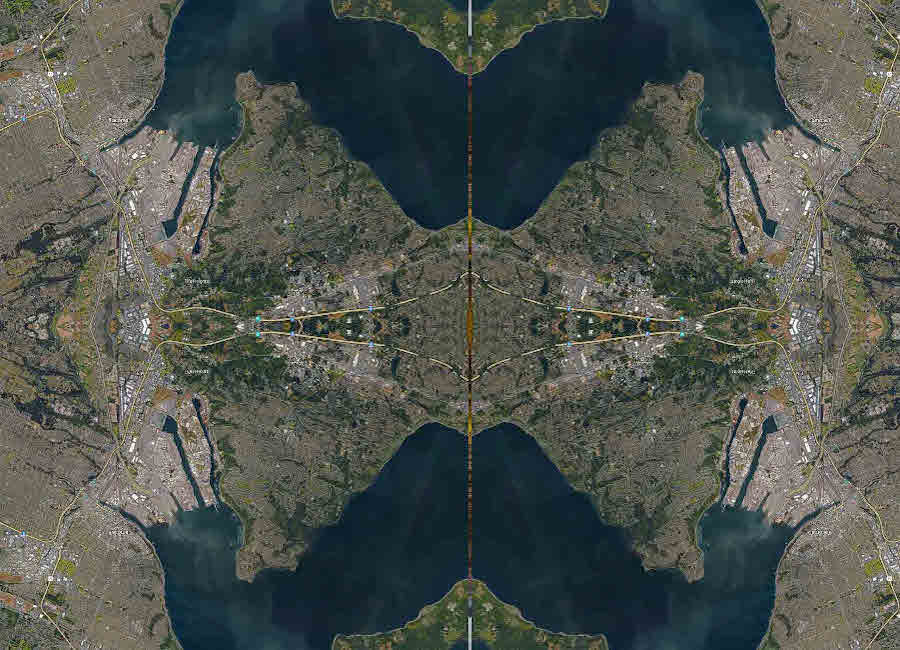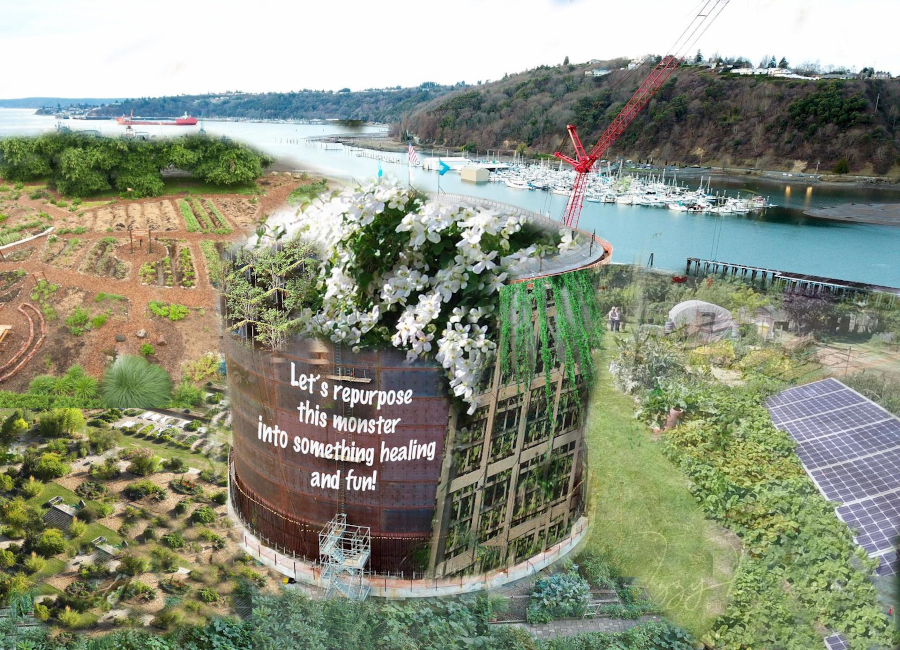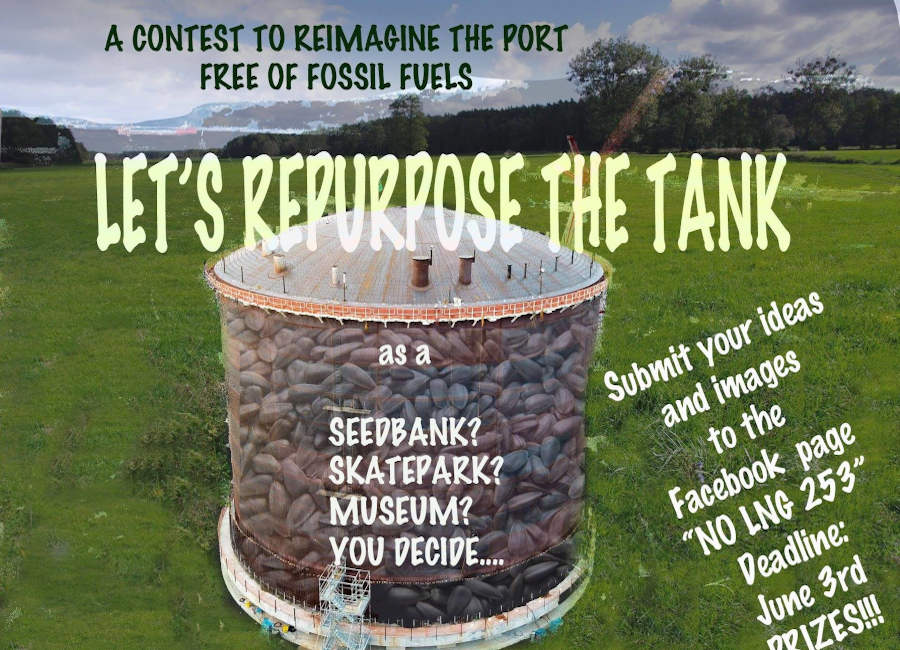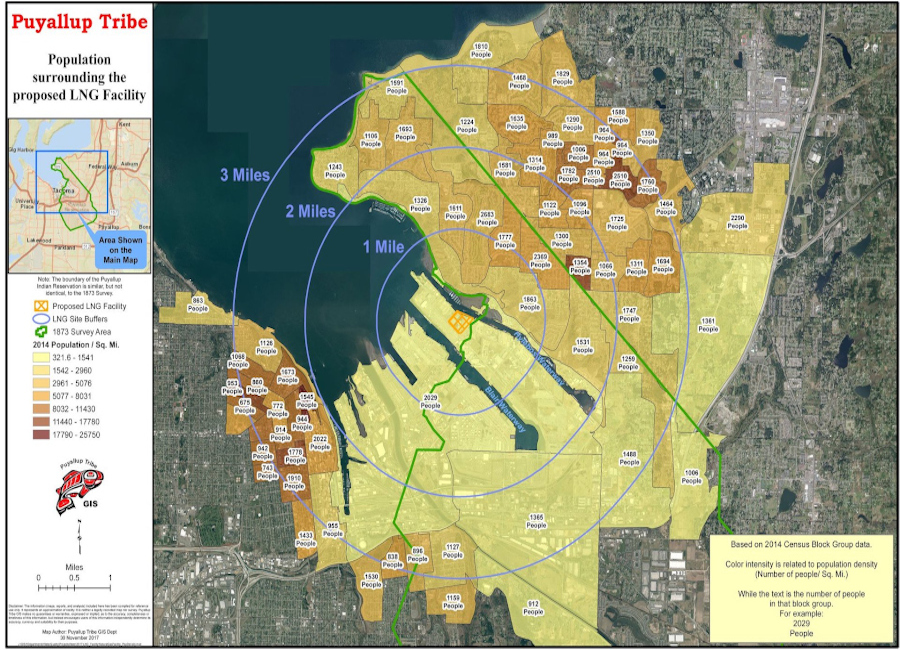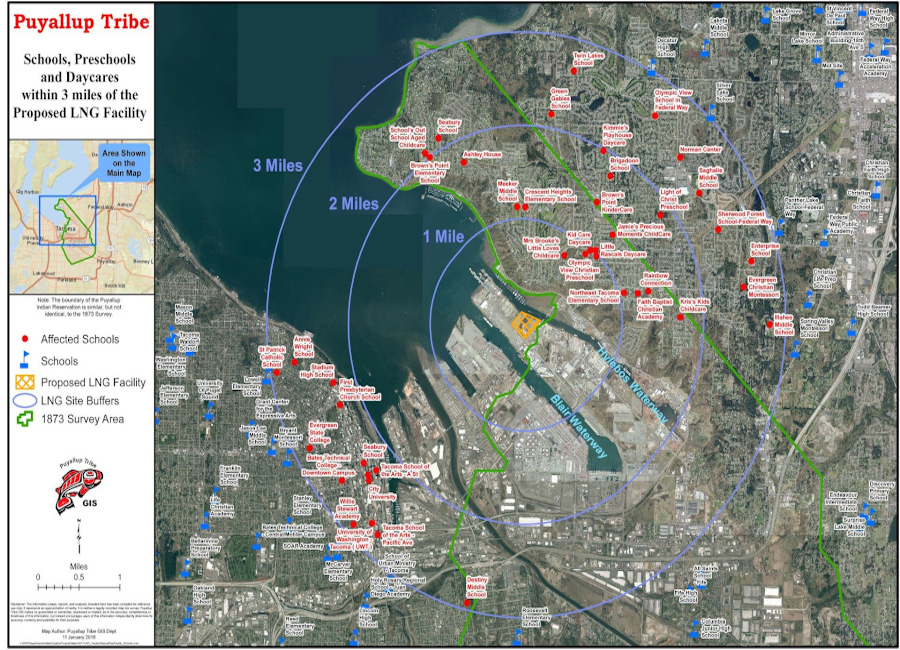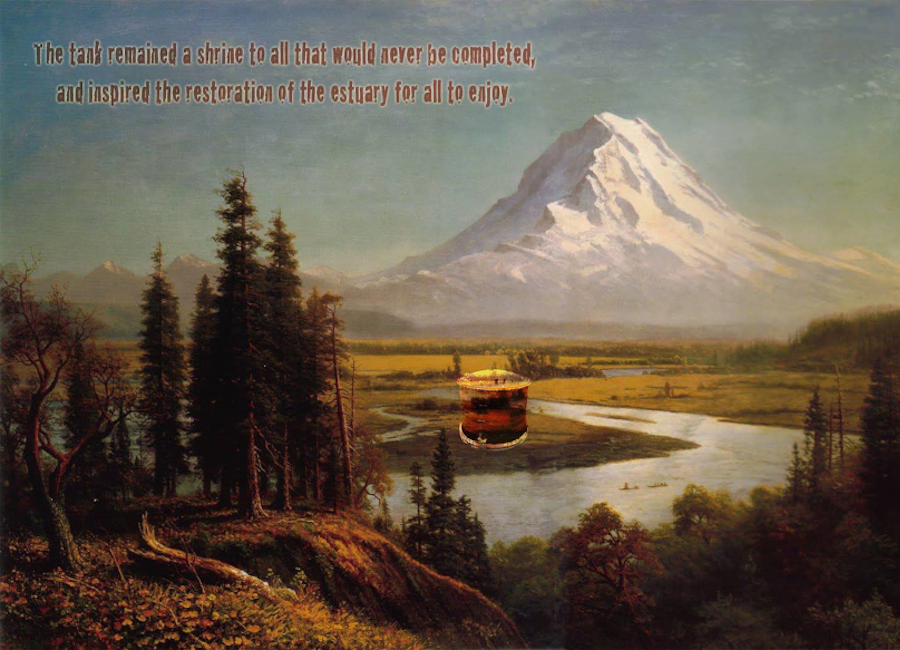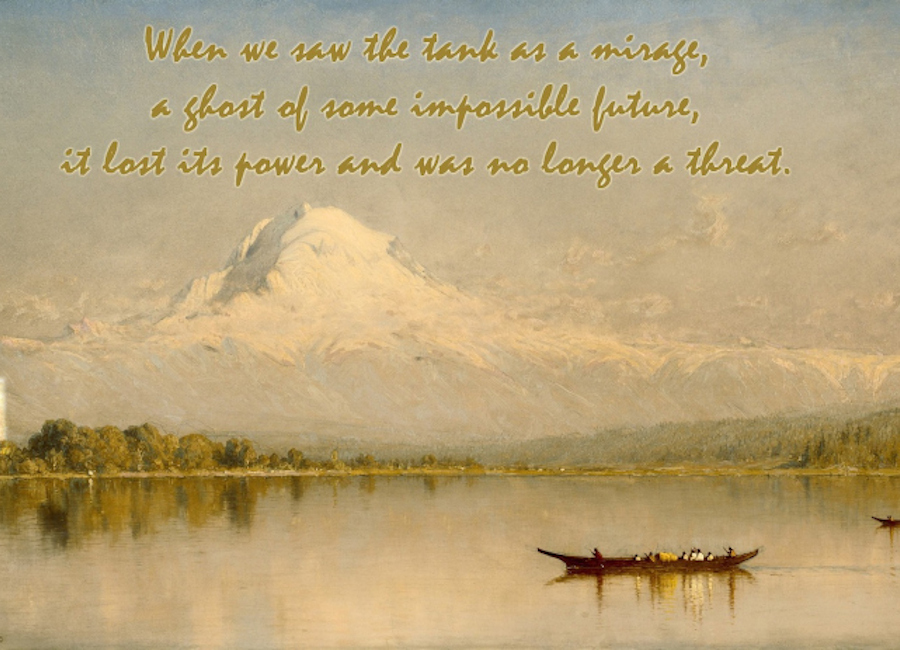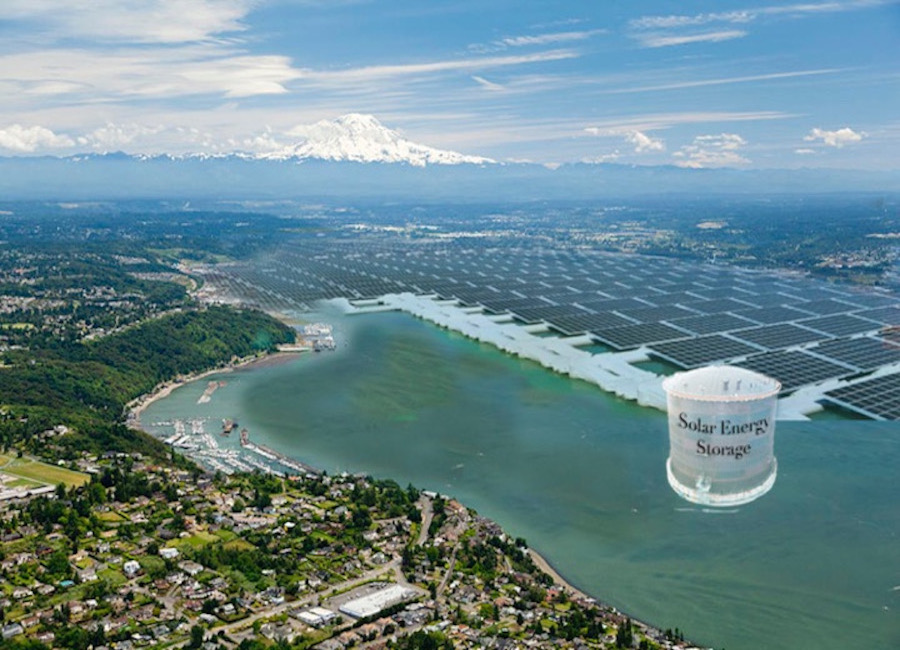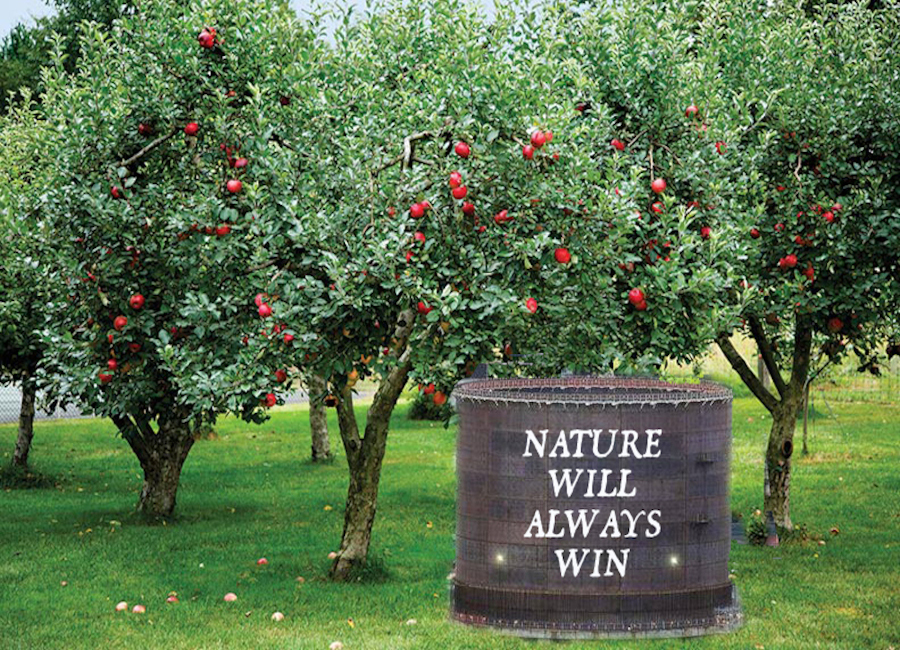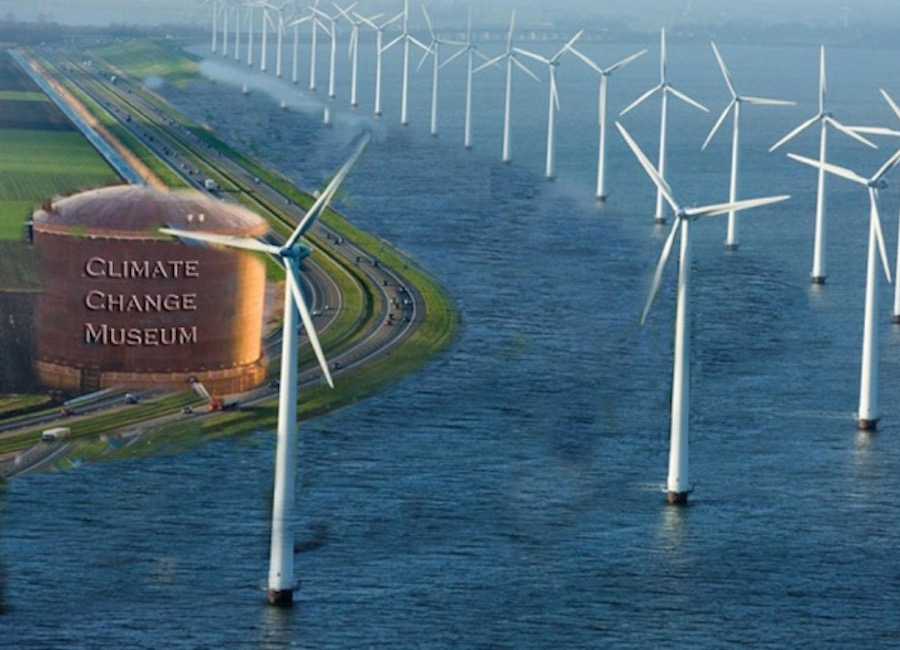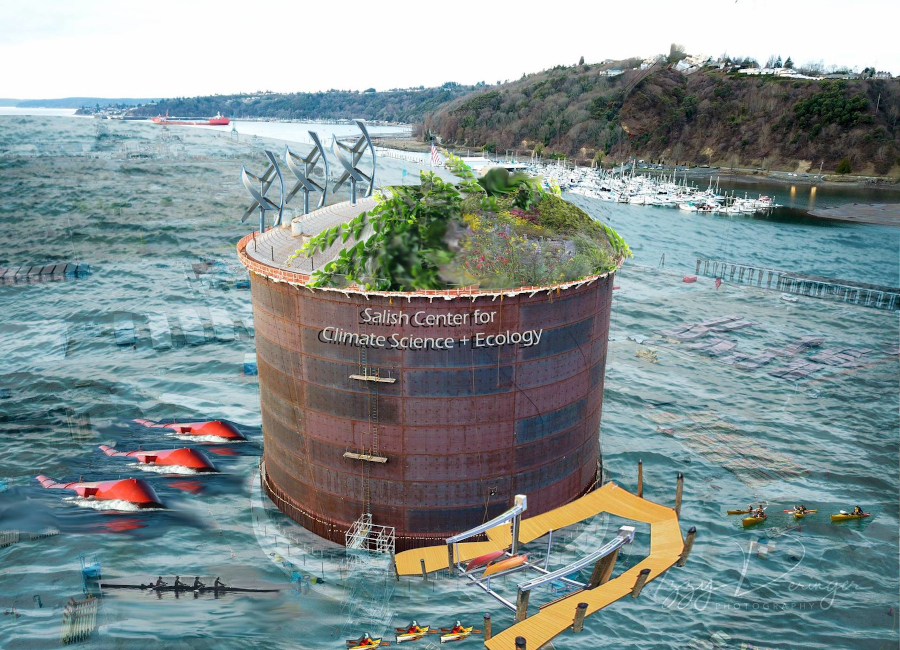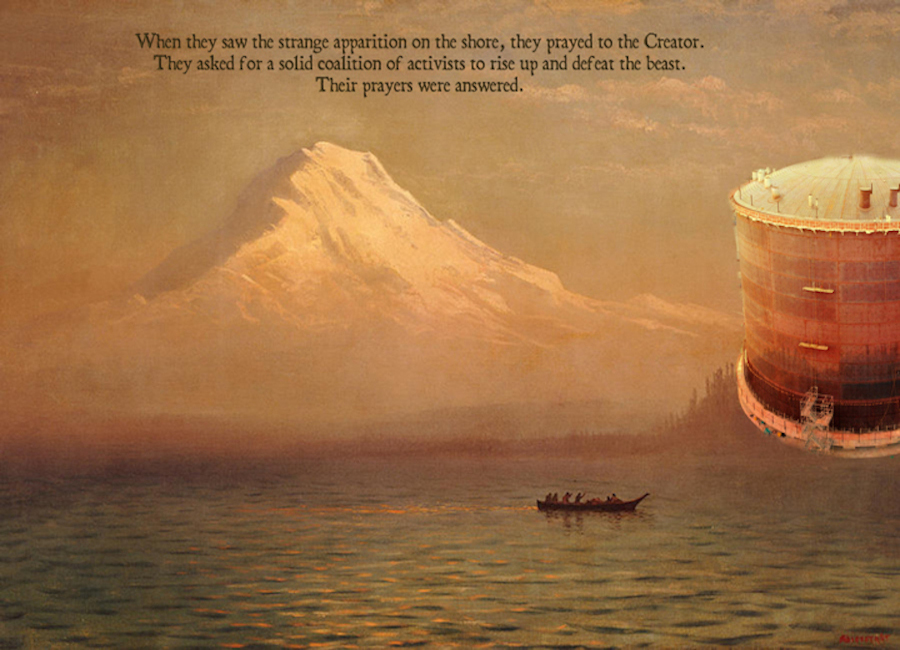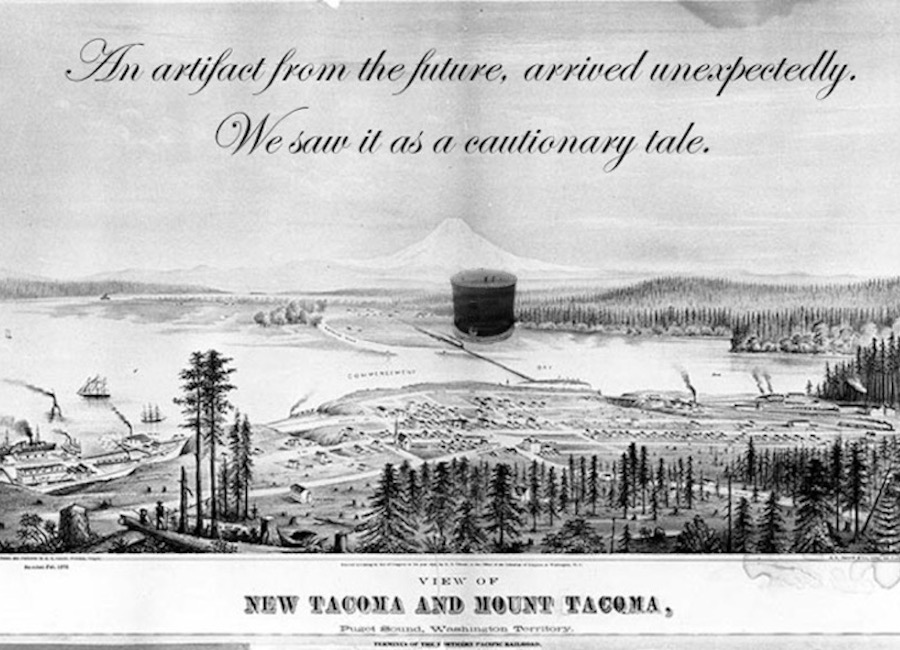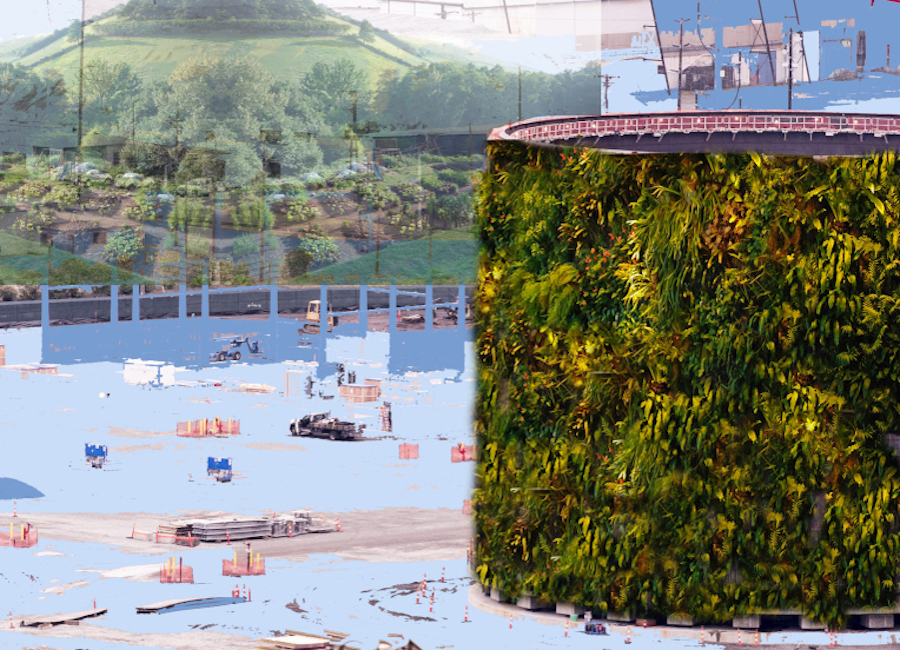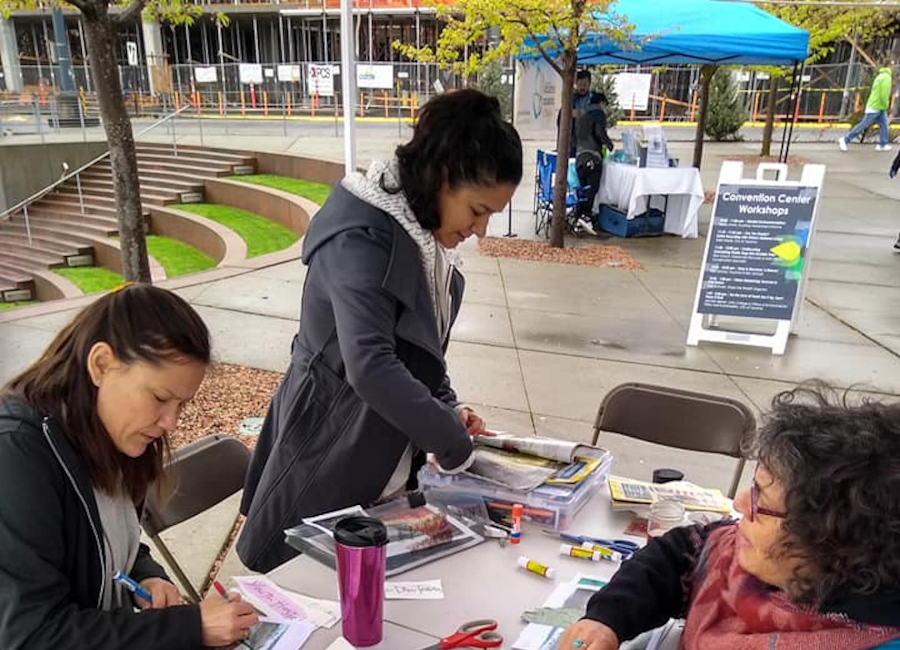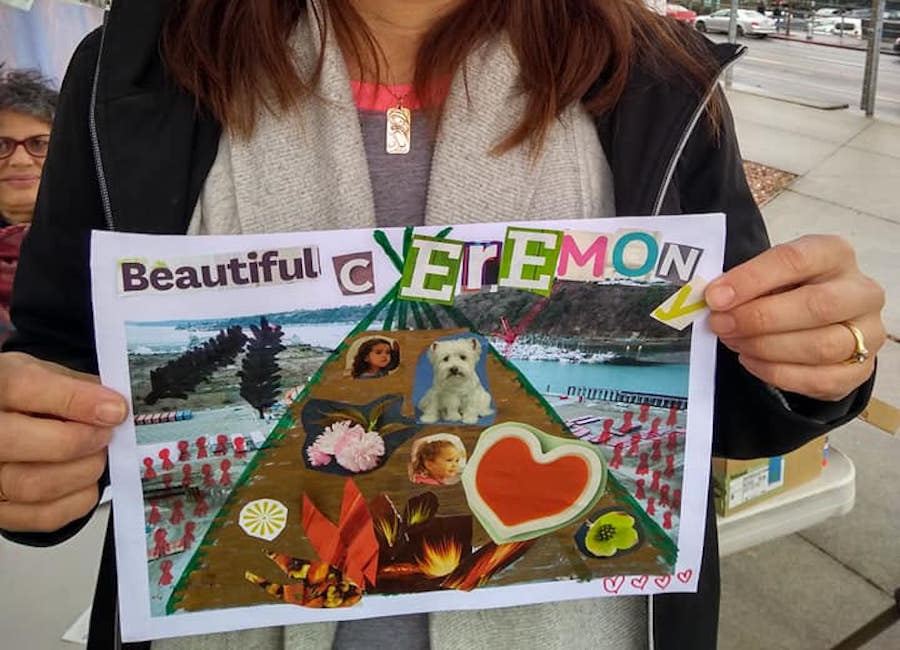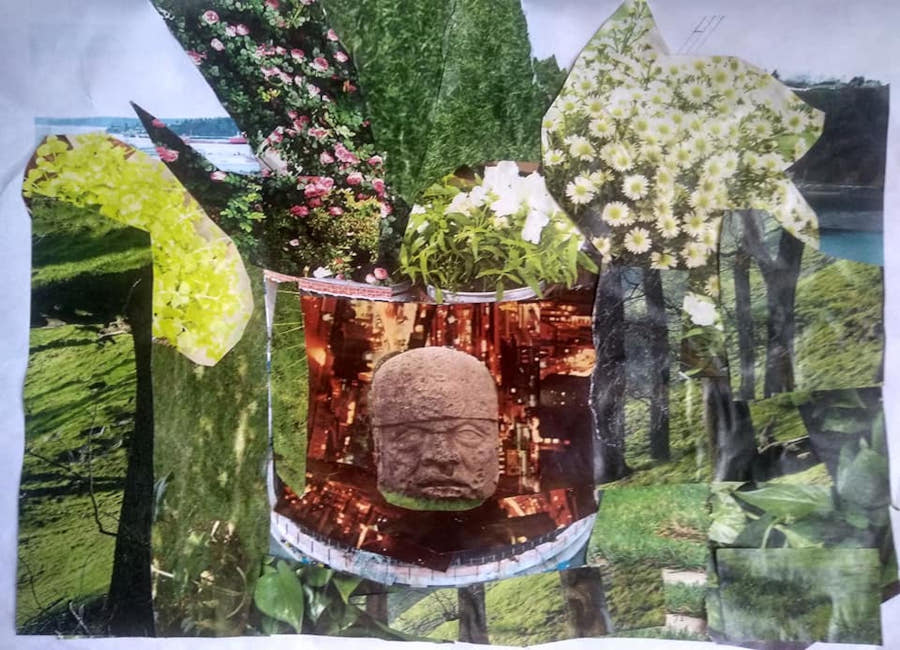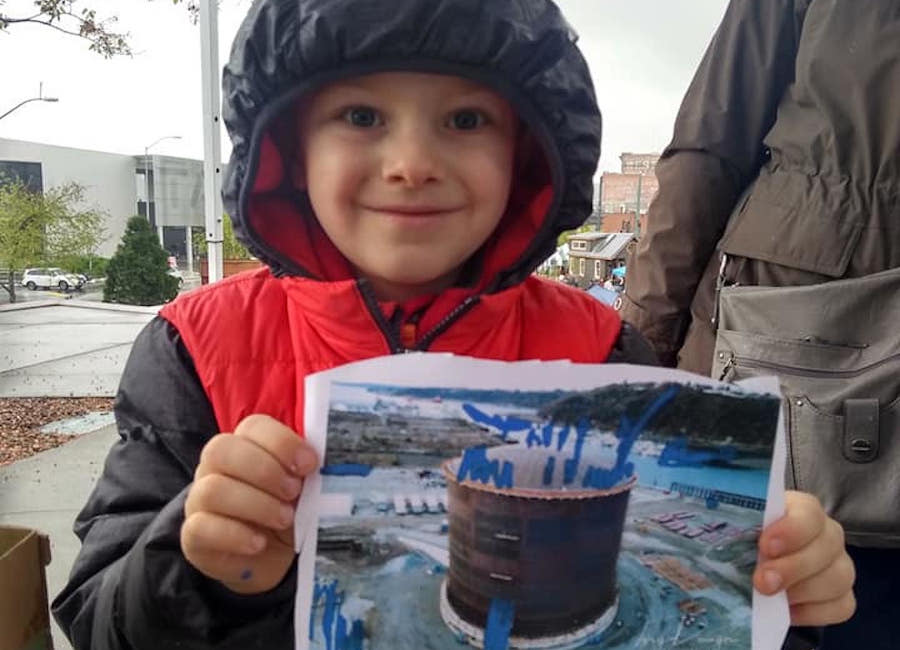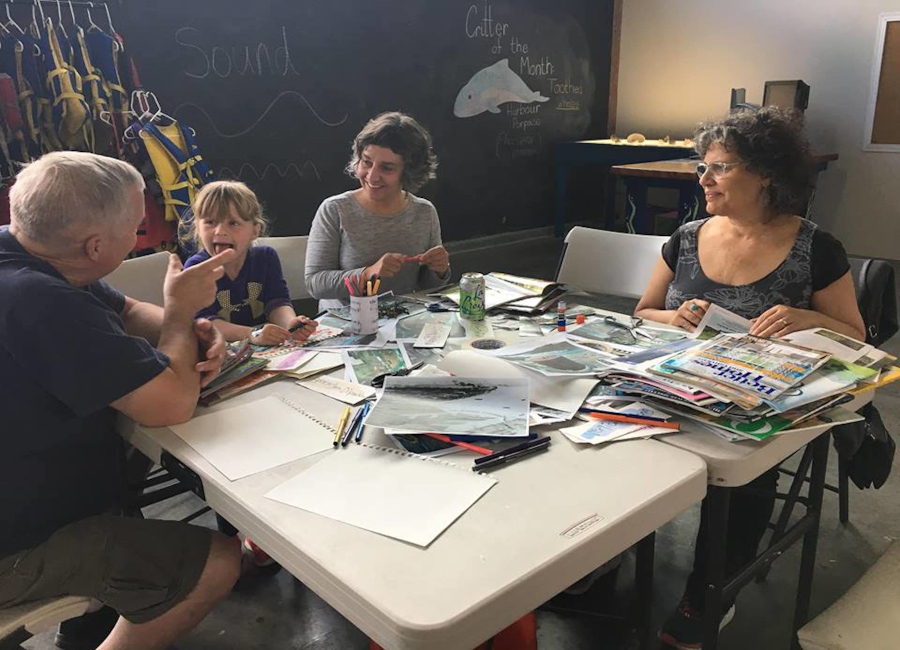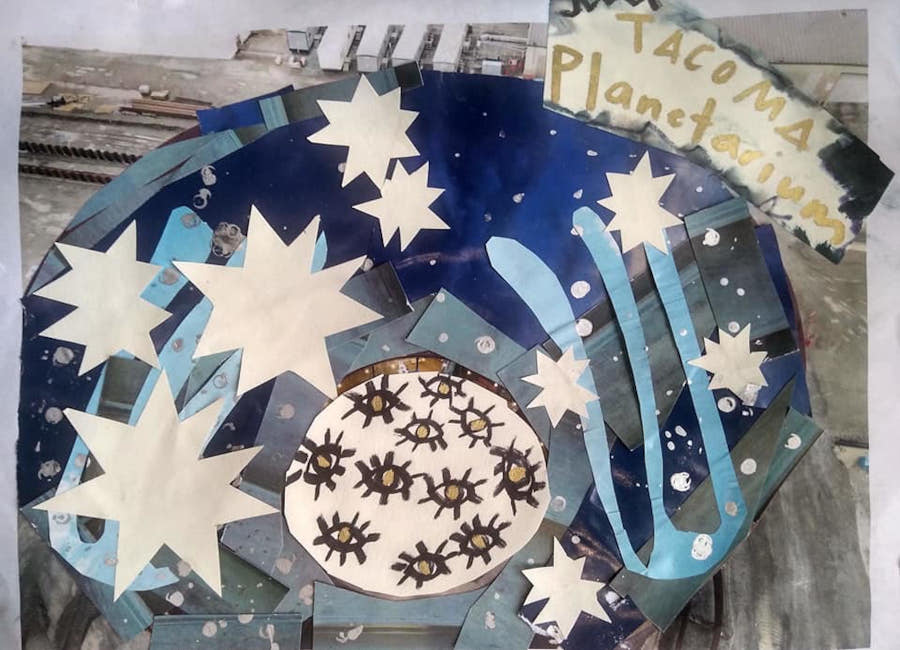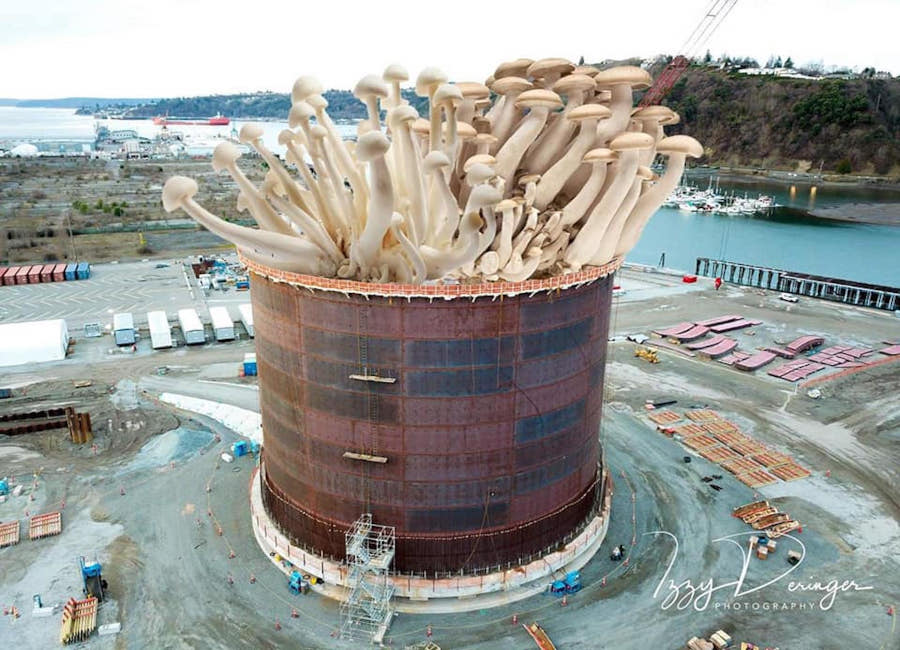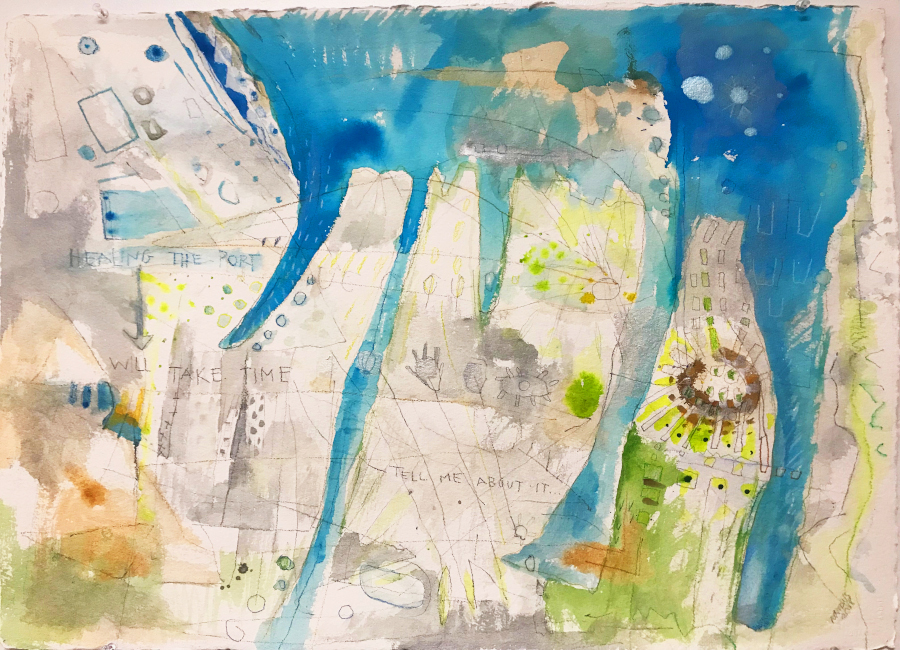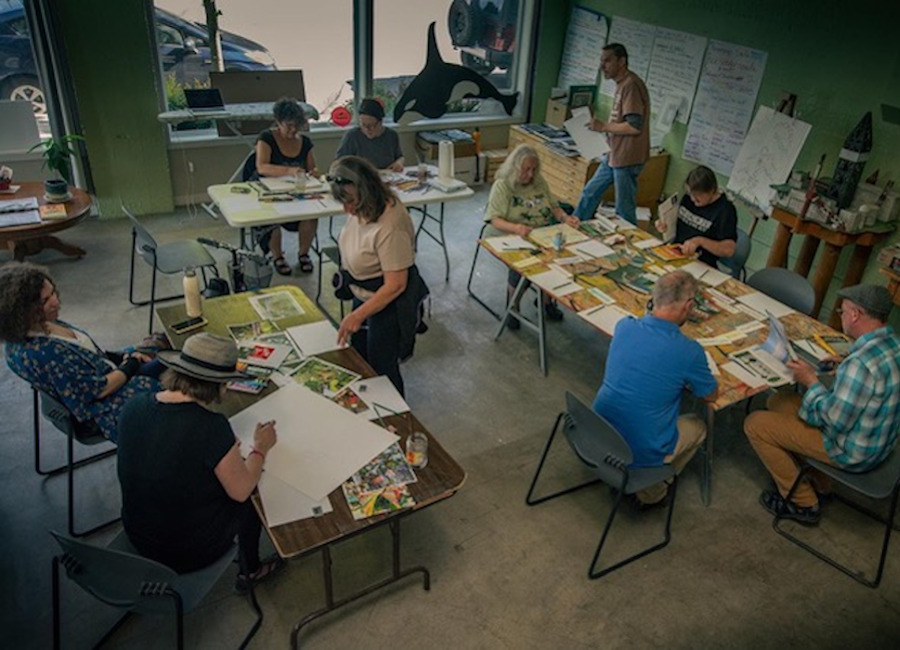EXTREME MAKEOVER
EXTREME MAKEOVER: Reimagining the Port of Tacoma Free of Fossil Fuels 2018 to the present
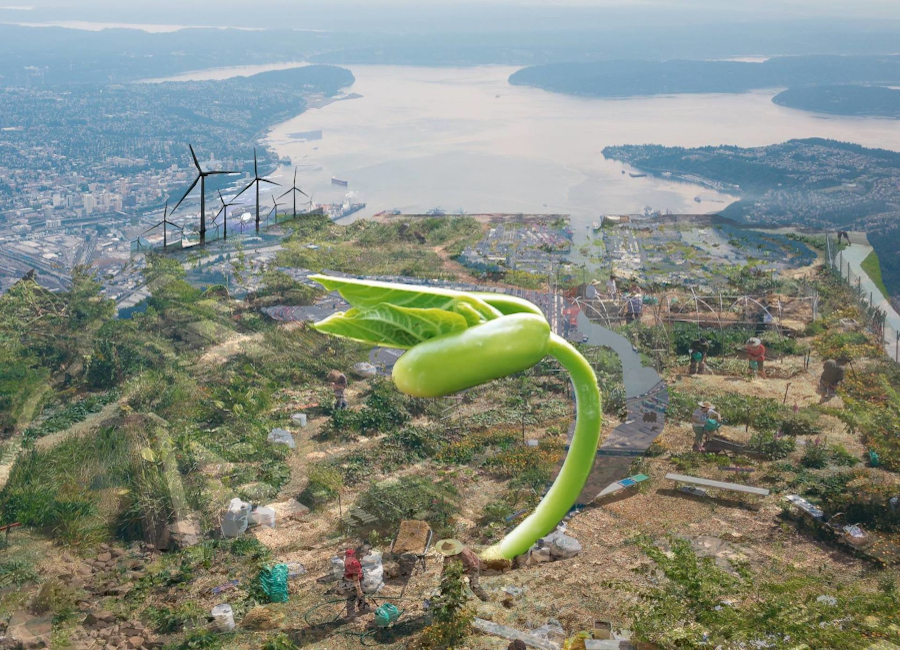
This community-based art project reimagines the Port of Tacoma, an industrial port built on tribal land in violation of the Medicine Creek Treaty of 1854. The soil and water been contaminated by years of dumping and now hosts several designated superfund sites. In recent years, the community has been fighting the installation of new and dangerous fossil fuel projects in the Port and Extreme Makeover arose out of that resistance.
Extreme Makeover has been hosting art workshops (most recently with the support of Tacoma’s 350.org) to engage the public in a reconstructive visioning process. The questions we ask participants are: what would the Port of Tacoma look like if the toxic superfund sites are healed as much as possible via permaculture design and the port becomes a showcase for green, renewable energy? What would happen if the Puyallup Nation's vision for a restored estuary is made tangible through multidisciplinary art projects so that the public will get behind it? How can this project help the community prepare, both emotionally and pragmatically, for the impact of rising sea levels on the Port of Tacoma and the local ecosystem?
After some meditation exercises, participants make collages, digital images and drawings as part of their visioning process. Our art making can be powerful medicine. It can awaken people to their power and motivate them to take action. It can be the glue that brings together strangers when they sit in workshops making art together. Participants have come to various public locations and community centers to discuss the questions above and create images that will be eventually projected onto walls in their neighborhoods, captured on social media, and shared virally.
Scientists, activists, artists, and members of the Puyallup tribe have been developing performance interventions for different public events. Those events will eventually be videotaped and shared online. The goal will be to awaken a typically uninformed citizenry and help them become stakeholders in their shared future.
We want to reach people who have given up hope and have succumbed to dystopic views of the future. This is an intergenerational project so that stories about getting through hardship, healing from trauma, and recovering from depression and difficult circumstances will help younger participants believe that we can shift things.
